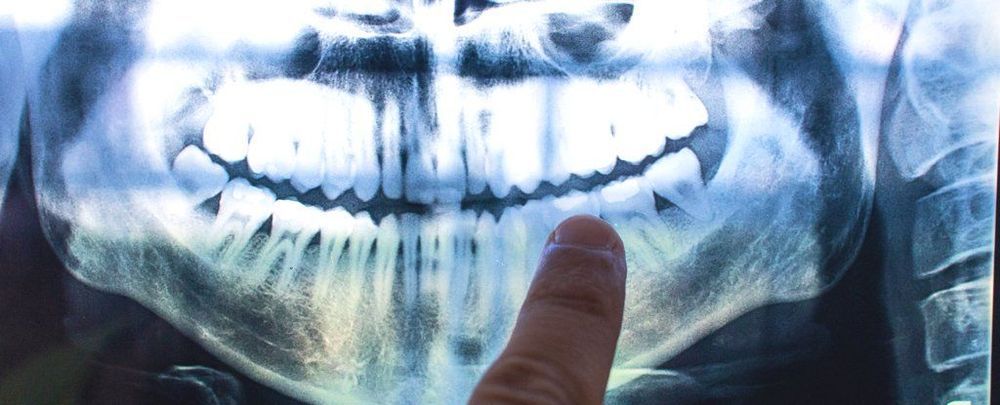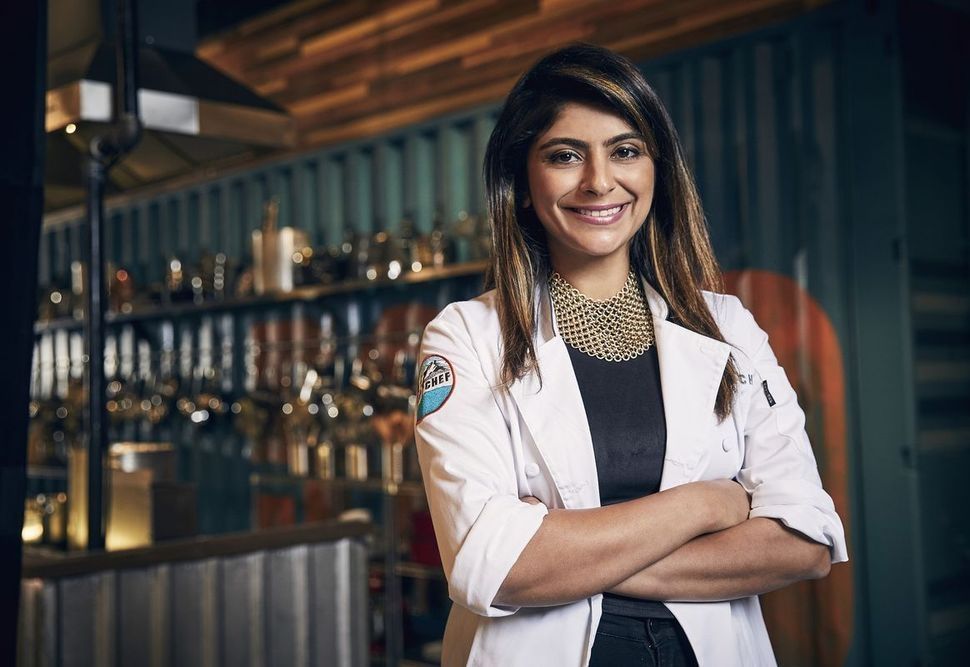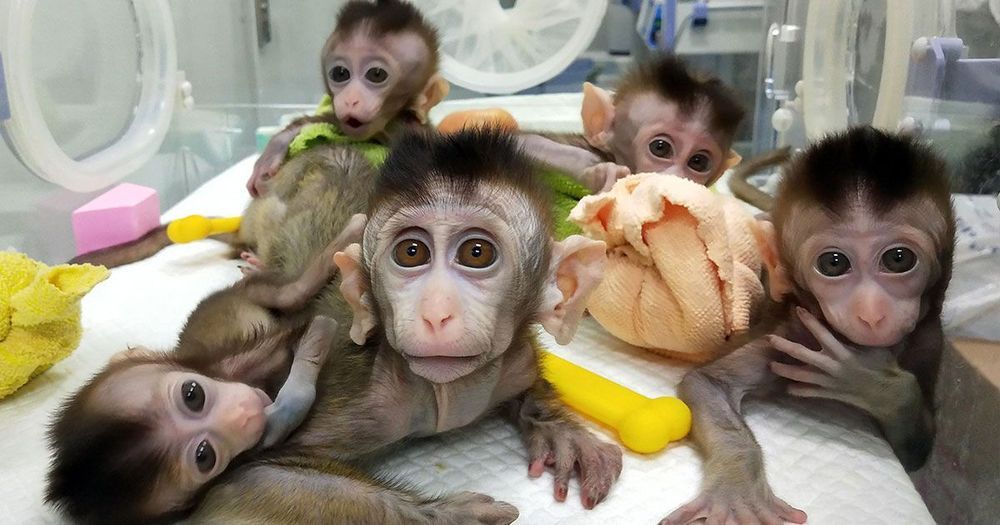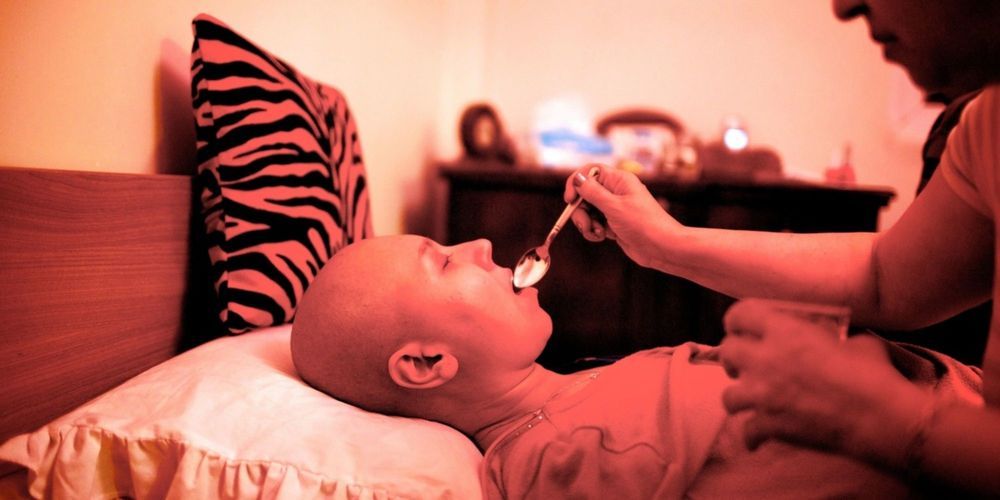Archive for the ‘biotech/medical’ category: Page 2213
Jan 26, 2019
Announcing a New Webinar Series – MitoSENS
Posted by Steve Hill in categories: biotech/medical, life extension
We have launched a new webinar series featuring discussion panels with the researchers + Q&A session for patrons. The first episode hosted by Dr. Oliver Medvedik will feature Dr. Aubrey de Grey, Dr. Matthew O’Connor, Michael Rae, and Dr. Amutha Boominathan from the SENS Research Foundation.
If you are a Lifespan Hero you can join us live for the show and get access to the recording for a few months before the public release.
Our work is largely supported by the generosity of our monthly patrons, the Lifespan Heroes, and this year, we will be showing our appreciation for that support with the launch of a brand new initiative – our new webinar series where you can meet the scientists working on the solutions to aging and age-related diseases.
Continue reading “Announcing a New Webinar Series – MitoSENS” »
Jan 26, 2019
The Cause of Alzheimer’s Could Be Coming From Inside Your Mouth, Study Claims
Posted by Jeffrey L. Lee in categories: biotech/medical, neuroscience
From the article:
In recent years, a growing number of scientific studies have backed an alarming hypothesis: Alzheimer’s disease isn’t just a disease, it’s an infection.
While the exact mechanisms of this infection are something researchers are still trying to isolate, a litany of papers argue the deadly spread of Alzheimer’s goes way beyond what we used to think.
Continue reading “The Cause of Alzheimer’s Could Be Coming From Inside Your Mouth, Study Claims” »
Jan 26, 2019
Big Pharma’s Drug Studies Are Getting a NASA-Style Makeover
Posted by Derick Lee in categories: biotech/medical, supercomputing, surveillance
Trying to streamline an operation that spends more than $5 billion a year on developing new drugs, Novartis dispatched teams to jetmaker Boeing Co. and Swissgrid AG, a power company, to observe how they use technology-laden crisis centers to prevent failures and blackouts. That led to the design of something that looks like the pharma version of NASA’s Mission Control: a global surveillance hub where supercomputers map and chart Novartis’s network of 500 drug studies in 70 countries, trying to predict potential problems on a minute-by-minute basis.
A third of development costs comes from clinical trials. Novartis wants to make them cheaper and faster.
Jan 25, 2019
AI Finds Traces of a Lost Species in Human DNA
Posted by Genevieve Klien in categories: biotech/medical, genetics, information science, robotics/AI
Buried deep within the DNA of Asian individuals is a genetic clue pointing to the existence of an unknown human ancestor. Remarkably, it wasn’t a human who reached this startling conjecture, but rather an artificially intelligent algorithm. Welcome to archaeology in the 21st century.
New research published last week in Nature Communications suggests a yet-to-be discovered hominid interbred with modern humans tens of thousands of years ago. This mystery species eventually went extinct, but an AI developed by researchers from the Institute of Evolutionary Biology (IBE) and several other European institutions found traces of its existence in the DNA of present-day people with Asian ancestry. A press release issued by the Centre for Genomic Regulation said it’s the first time deep learning has been used to explain human history, “paving the way for this technology to be applied in other questions in biology, genomics and evolution.”
Jan 25, 2019
‘Top Chef’ fan favorite Fatima Ali dead at 29 after battle with rare cancer
Posted by Genevieve Klien in category: biotech/medical
Fatima Ali, who was voted “Fan Favorite” on Season 15 of “Top Chef,” lost her battle with a rare bone and soft tissue cancer Friday. She was just 29.
Jan 25, 2019
Genetic Mutations In Our Bodies Might Be Less Random Than We Thought, Scientists Say
Posted by Xavier Rosseel in categories: biotech/medical, genetics
Well…
(you thought).
A study of thousands of human genomes reveals where mutations happen most often when our parents’ genes combine.
Jan 25, 2019
Chinese Scientists Cloned Gene-Edited Monkeys With Horrifying Results
Posted by Genevieve Klien in categories: biotech/medical, genetics, neuroscience
Jan 25, 2019
New therapy turns cancer cells into fat to stop it from spreading
Posted by Genevieve Klien in categories: biotech/medical, neuroscience
Metastasis is the leading cause of death from cancer, occurring when cancer cells separate from the original tumor to proliferate elsewhere. These new cancer cells travel through the bloodstream or lymphatic system. Since these bodily systems are thoroughly connected, cancer can spread to a variety of locations. Breast cancer, for example, “tends to spread to the bones, liver, lungs, chest wall, and brain.”
Cancer cell plasticity — an ability that allows cancer cells to shift physiological characteristics dramatically — fosters metastasis and is responsible for cancer’s resistance to treatments. To combat its resistance, researchers at the University of Basel in Switzerland decided to turn cancer’s cellular plasticity against itself. They used Rosiglitazone, an anti-diabetic drug, along with MEK inhibitors in mice implanted with breast cancer cells. Their aim was to alter the cancer cells.
The drug combination hijacked the breast cancer cells during epithelial-mesenchymal transition (EMT), a process by which the cells undergo biochemical changes. EMT plays a role in many bodily functions, such as tissue repair. In unaltered cancer cells, EMT allows them to migrate away from the original tumor while maintaining their oncogenic properties.
Jan 25, 2019
A high-carb diet may explain why Okinawans live so long
Posted by Lilia Lens-Pechakova in categories: biotech/medical, genetics, life extension, neuroscience
A very good article on the studies on centenarians of Okinawa, on the importance of carbohydrate / protein ratio in diet, genes, calorie restriction and more: “… Genetic good fortune could be one important factor. Thanks to the geography of the islands, Okinawa’s populations have spent large chunks of their history in relative isolation, which may has given them a unique genetic profile. Preliminary studies suggest this may include a reduced prevalence of a gene variant – APOE4 – that appears to increase the risk of heart disease and Alzheimer’s. They may also be more likely to carry a protective variant of the FOXO3 gene involved in regulating metabolism and cell growth. This results in a shorter stature but also appears to reduce the risk of various age-related diseases, including cancer. Even so, it seems unlikely that good genes would fully explain the Okinawans’ longevity, and lifestyle factors will also be important…”
Emerging evidence suggests a 10:1 ratio of carbohydrates to proteins may protect the body from the ravages of ageing.
















